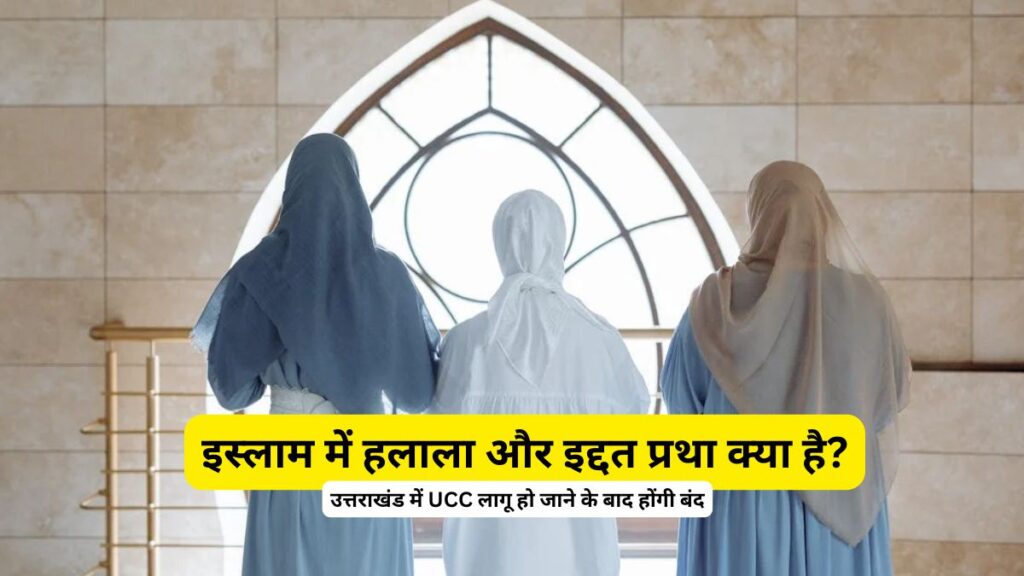Halala and Iddat practices will be stopped
New Delhi: Uniform Civil Code will be implemented in Uttarakhand from today, after which many rules will change and many practices will be completely stopped. Let us tell you that Uttarakhand will become the first state in the country to implement Uniform Civil Code. It is noteworthy that the Uniform Civil Code covers areas like marriage, divorce, maintenance, property rights, adoption and succession. With the implementation of UCC in Uttarakhand, practices like Halala and Iddat will stop.
What is Halala?
Halala is a practice in Islam, in which if a woman is divorced by her husband and after that the woman wants to marry the same husband again, then the woman will have to marry another person and then Will have to get a divorce. Only after this can the woman remarry her former husband. This practice is called Halala.
What is Iddat practice?
Under the Iddat system, a woman cannot marry another man for some time after the death of her husband or her divorce from him. The duration of Iddat varies in different circumstances. If a pregnant woman becomes a widow or gets divorced, her Iddat period lasts until she gives birth to a child. It is also necessary for women to veil themselves from other men during Iddat. During this period, there are restrictions on dressing up and grooming of women.
What else will change after the implementation of UCC in Uttarakhand?
After the implementation of UCC, marriage registration will become mandatory. There will be uniform law of divorce for any religion, caste or sect. The minimum age of marriage for girls of every religion and caste will be 18 years. All religions will have the right to adopt a child; a child of another religion cannot be adopted. Practices like Halala and Iddat will be stopped in Uttarakhand. It will be completely prohibited to marry again if a husband and wife are alive. Boys and girls will have equal share in the property. Registration is necessary for live-in relationships. If the age of those in live-in relationship is below 18 and 21 years, then parental consent will have to be taken. A child born out of live-in marriage will get the same rights as a child of a married couple. Schedule Tribes have been excluded from the Uniform Civil Code.
Latest India News
